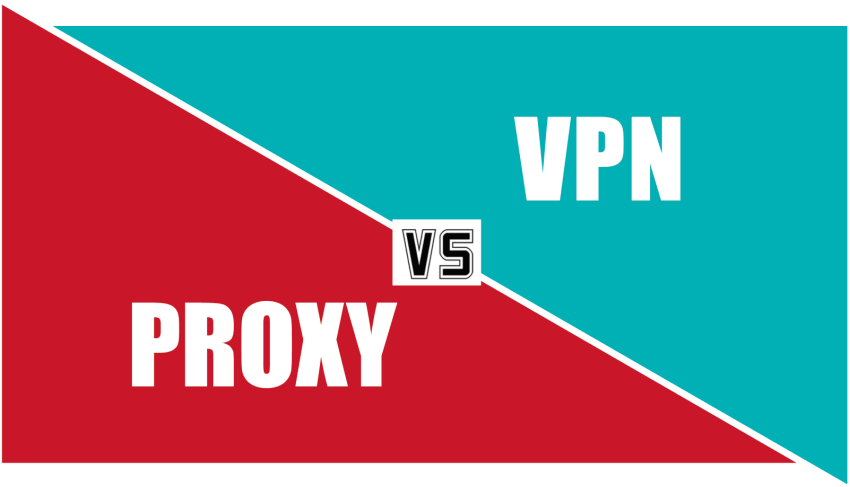Proxy or VPN: When searching the internet for solutions to protect your privacy, you will come across the terms proxy and VPN very often. Both tools aim to hide your activities.
To the average user, the terms VPN and Proxy seem to be synonymous. Both essentially do the same thing, which is to keep you safe and hidden online. Some may even believe that one server Proxy is a different name for VPN.
But it is not. There is a clear difference between a VPN and a proxy server.
proxy
A proxy service simply redirects traffic from your computer to an intermediate computer / server and then routes it to its destination.
For example, if you're trying to visit Google.com and you're using a proxy service, your request will first be sent to a different computer, and that computer will forward your request to Google.com. The data that return will be transferred with the same proxy computer.
VPN
A VPN service is much more complex than a Proxy service. He does what he does and a Prox service, but he can do much more. VPNs add an extra level of encryption and security to the data being sent.
VPN (from Virtual Private Network or Greek Virtual Private Network) consists of a network of remote servers or servers.
The interested party can connect to the internet through such a server, obtaining a new IP address. But so far we are right on track operation of a proxy. The service may be important considering that your IP address is the only way to identify your digital ID cards, but the data traveling is not encrypted.
However, VPN encrypts your connection data. So even if someone is watching you online, he is not in a position to know what you are doing with others.
Differences between VPN and Proxy
The main difference between a VPN and a Proxy is encryption. A proxy is a basic privacy protection tool that works in some cases, not everyone, as some countries, internet providers and websites also cut access to known pricks.
A VPN is much more durable. It has multiple servers from which it routes traffic, and if a server goes down or is blocked, there's always someone else to replace it. Traffic sent through a VPN is always encrypted and gives you a second IP address to hide your real IP address.
The proxy mainly works with the traffic sent or received by the browser while a VPN will encrypt every request sent from your computer.
All services running in the background that need internet access, such as your system update requests, will be encrypted. Encryption is used in all applications that need internet access and not just in your browser.
Here, let's say you will find a proxy that promises encryption and absolute hide of the IP address.
VPNs are often faster than proxy services.
A fast proxy that promises data encryption and IP address concealment is a key VPN service. Proxy services mainly transmit traffic, so they have few servers to consistently route your requests.
So they take more time to complete each request. VPNs on the other hand have a much larger network computers that can handle more requests at the same time, making your browsing or any other online task much faster.
________________________________
- Router Private and Public IP: What's On Your Router?
- Tails 3.7: for your anonymous Internet browsing





